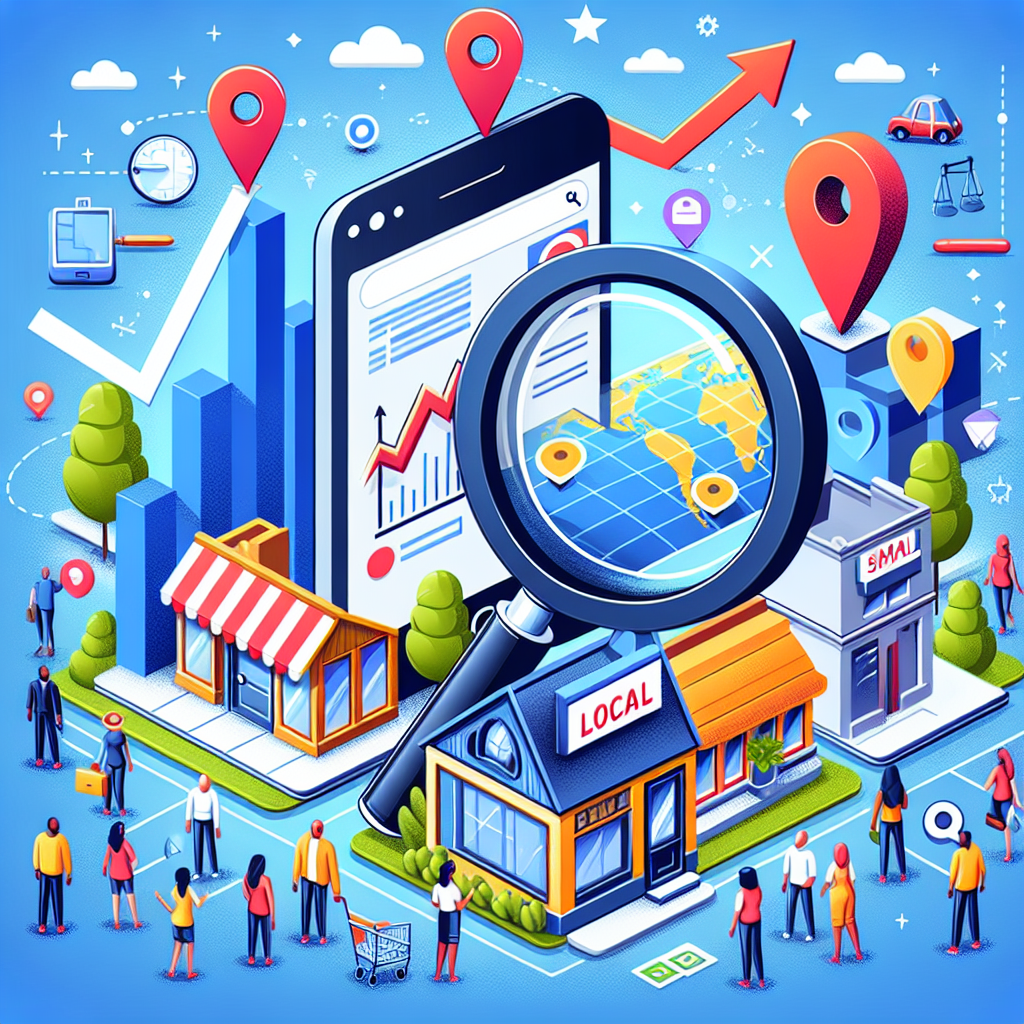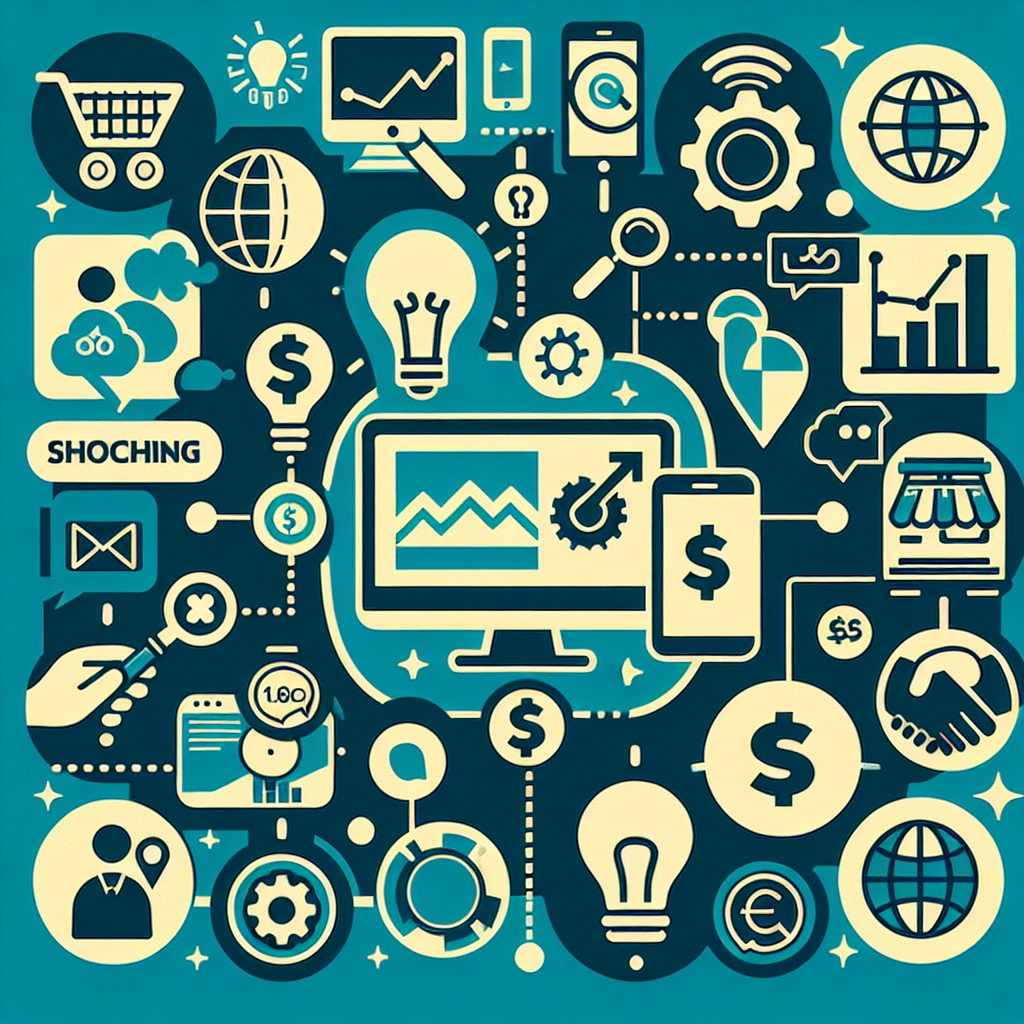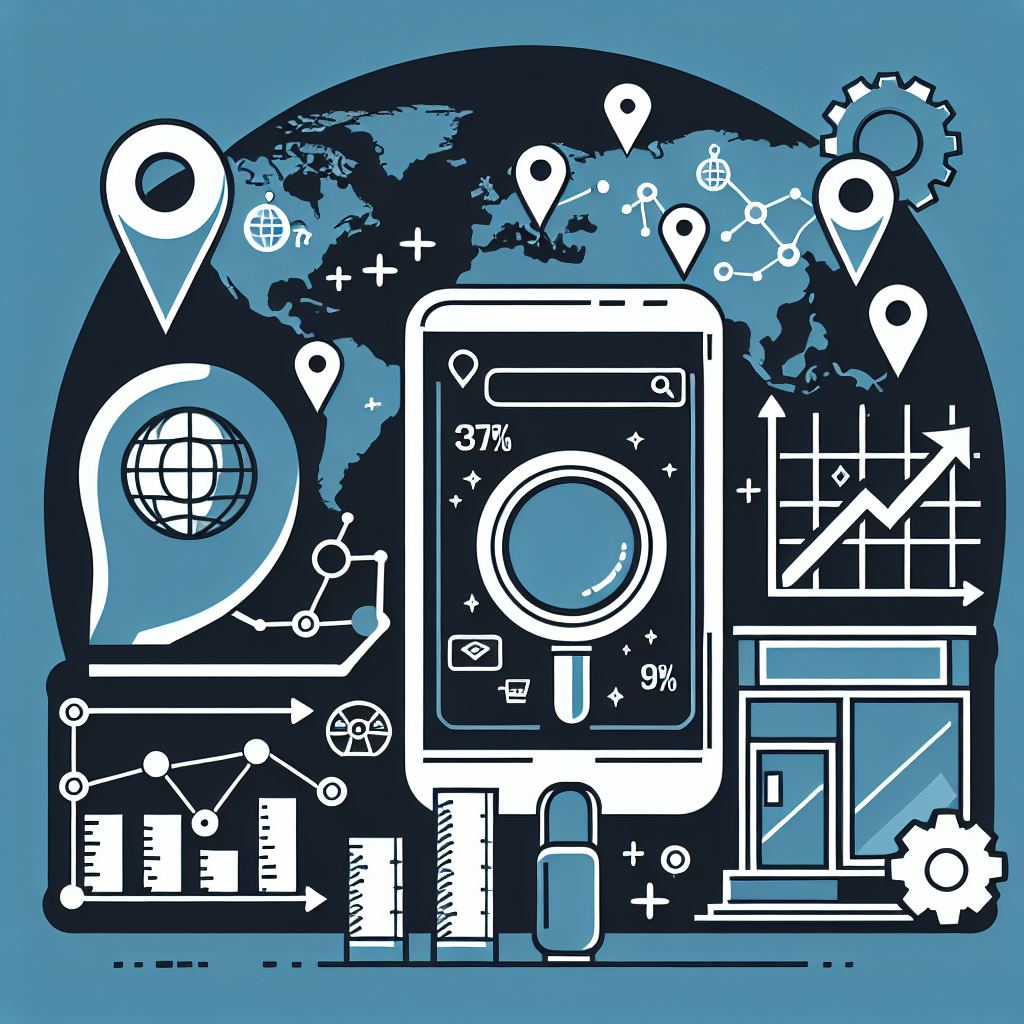The Future of Digital Marketing
Emerging Technologies Shaping Digital Marketing
The digital marketing landscape is undergoing a seismic shift, driven by emerging technologies like artificial intelligence (AI), machine learning, and blockchain. AI and machine learning are revolutionizing how marketers analyze data, predict trends, and personalize customer experiences. For instance, AI-powered tools can analyze vast amounts of consumer data to identify patterns and predict future behaviors, enabling marketers to craft highly targeted campaigns. Predictive analytics, a subset of AI, is particularly transformative, allowing businesses to anticipate customer needs and deliver tailored solutions before the customer even realizes they need them.
Blockchain technology, on the other hand, is enhancing transparency and trust in digital advertising. By providing a decentralized ledger, blockchain ensures that ad impressions and clicks are genuine, reducing ad fraud and ensuring that marketing budgets are spent effectively. Additionally, augmented reality (AR) and virtual reality (VR) are redefining customer engagement by creating immersive experiences. Brands like IKEA and Sephora are already leveraging AR to allow customers to visualize products in their homes or try on makeup virtually, bridging the gap between online and offline shopping.
These technologies are not just trends; they are the building blocks of the future of digital marketing. As they continue to evolve, businesses that adopt and integrate these tools will be better positioned to meet the demands of an increasingly tech-savvy audience.
The Rise of Personalization and Hyper-Targeting
In an era where consumers are bombarded with generic ads, personalization has become a cornerstone of effective digital marketing. Personalized marketing experiences, powered by data-driven insights, are no longer optional—they are expected. By leveraging customer segmentation and behavioral data, brands can create hyper-targeted campaigns that resonate on a personal level. For example, Netflix's recommendation engine, which suggests content based on viewing history, is a prime example of personalization done right.
However, the rise of hyper-targeting comes with its challenges, particularly around data privacy. Consumers are increasingly concerned about how their data is collected and used, leading to stricter regulations like GDPR and CCPA. Marketers must strike a delicate balance between delivering personalized experiences and respecting consumer privacy. Transparency is key—brands that are upfront about their data practices and offer opt-in options are more likely to build trust and loyalty.
Ultimately, personalization is about creating meaningful connections. When done ethically and effectively, it can transform casual customers into brand advocates, driving long-term success.
The Evolution of Content Marketing
Content marketing is no longer just about blogs and static images; it has evolved into a dynamic and interactive medium. Interactive content formats like videos, quizzes, and 360-degree experiences are capturing audience attention and driving engagement. For instance, BuzzFeed's interactive quizzes have become a cultural phenomenon, generating millions of shares and clicks.
User-generated content (UGC) is another powerful tool in the content marketing arsenal. By encouraging customers to share their experiences with a brand, companies can build trust and authenticity. A glowing review or a social media post from a satisfied customer often carries more weight than traditional advertising. Additionally, storytelling has emerged as a critical component of content marketing. Brands that weave compelling narratives can create emotional connections with their audiences, making their messages more memorable and impactful.
As content marketing continues to evolve, the focus will remain on creating value-driven, engaging, and authentic content that resonates with audiences on a deeper level.
Voice Search and Conversational Marketing
The rise of voice search is reshaping SEO and content strategies. With devices like Amazon Alexa and Google Assistant becoming household staples, more consumers are using voice commands to search for information. This shift requires marketers to optimize their content for natural language queries and long-tail keywords. For example, instead of targeting "best coffee shop," marketers should consider phrases like "Where is the best coffee shop near me?"
Conversational marketing, powered by chatbots and AI, is also gaining traction. Chatbots can handle customer inquiries 24/7, providing instant responses and improving customer satisfaction. They can also collect valuable data to refine marketing strategies. For instance, a chatbot on a retail website can recommend products based on a user's browsing history, creating a personalized shopping experience.
To succeed in this space, marketers should focus on creating conversational content that aligns with the way people speak and interact with technology. This approach not only improves SEO but also enhances the overall customer experience.
Social Commerce and Influencer Marketing
Social media platforms are no longer just for sharing updates; they are becoming full-fledged e-commerce hubs. Features like Instagram Shopping and Facebook Marketplace allow users to browse and purchase products without leaving the app. This seamless integration of social media and e-commerce, known as social commerce, is transforming the way consumers shop online.
Influencer marketing is also evolving, with micro and nano influencers gaining prominence. Unlike traditional celebrities, these influencers have smaller but highly engaged audiences, making them ideal for niche markets. Authenticity and transparency are crucial in influencer partnerships. Consumers are quick to spot inauthentic endorsements, so brands must collaborate with influencers who genuinely align with their values.
By leveraging social commerce and authentic influencer partnerships, brands can tap into new revenue streams and build stronger connections with their audiences.
Sustainability and Ethical Marketing Practices
Consumers are increasingly prioritizing sustainability and social responsibility when choosing brands. Companies that adopt ethical marketing practices and align with sustainability goals are more likely to earn customer loyalty. For example, Patagonia's "Don't Buy This Jacket" campaign encouraged consumers to think about the environmental impact of their purchases, reinforcing the brand's commitment to sustainability.
Ethical marketing is not just about doing good; it's also good for business. Brands that take a stand on social and environmental issues often see increased customer engagement and loyalty. However, authenticity is key—consumers can easily spot "greenwashing" or insincere efforts.
As sustainability becomes a central focus, marketers must integrate ethical practices into their strategies, ensuring that their campaigns reflect genuine commitments to social and environmental responsibility.
The Role of Data Privacy and Compliance
Data privacy regulations like GDPR and CCPA have fundamentally changed the digital marketing landscape. These laws require businesses to be transparent about their data collection practices and give consumers more control over their personal information. Non-compliance can result in hefty fines and damage to a brand's reputation.
Building trust through transparent data practices is more important than ever. Marketers should prioritize obtaining explicit consent for data collection and provide clear explanations of how the data will be used. Additionally, implementing robust security measures can help protect consumer data and build confidence.
By staying compliant and prioritizing transparency, marketers can navigate the complexities of data privacy while maintaining effective campaigns.
Preparing for a Cookieless Future
The impending phase-out of third-party cookies is set to disrupt digital advertising. Without cookies, marketers will need to find alternative ways to track and target consumers. First-party data, collected directly from customers, will become increasingly valuable. Contextual targeting, which delivers ads based on the content of a webpage rather than user behavior, is another viable solution.
To adapt, marketers should invest in building direct relationships with their audiences. Email marketing, loyalty programs, and interactive content can help collect first-party data while providing value to consumers. By embracing these strategies, businesses can thrive in a cookieless future.
The Growing Importance of Omnichannel Marketing
In today's interconnected world, consumers expect seamless experiences across multiple channels. Omnichannel marketing, which integrates touchpoints like email, social media, and mobile apps, is essential for meeting these expectations. Customer journey mapping can help identify pain points and create cohesive experiences that guide consumers from awareness to conversion.
Successful omnichannel campaigns, like Starbucks' rewards program, demonstrate the power of integration. By allowing customers to earn and redeem points across various platforms, Starbucks creates a unified and convenient experience.
As consumer expectations continue to rise, omnichannel marketing will remain a critical component of digital strategies.
The Future of Metrics and ROI Measurement
The metrics used to measure digital marketing success are evolving. Traditional KPIs like click-through rates and impressions are being supplemented by more sophisticated metrics that provide deeper insights. AI-powered analytics tools can track customer behavior across multiple touchpoints, offering a comprehensive view of campaign performance.
To align marketing goals with measurable outcomes, businesses should focus on metrics that reflect customer engagement and long-term value. For example, tracking customer lifetime value (CLV) can provide a more accurate picture of a campaign's impact.
By embracing advanced analytics and focusing on meaningful metrics, marketers can optimize their strategies and demonstrate ROI more effectively.











